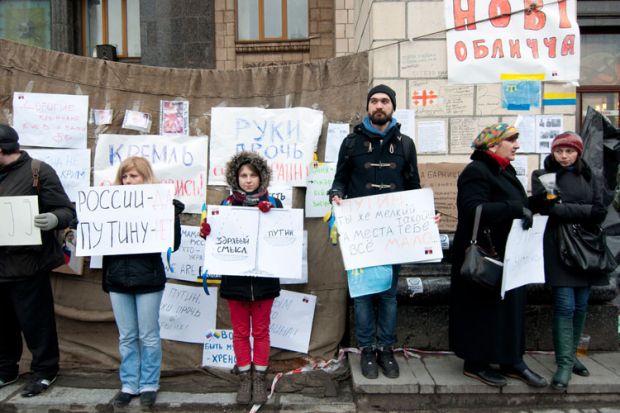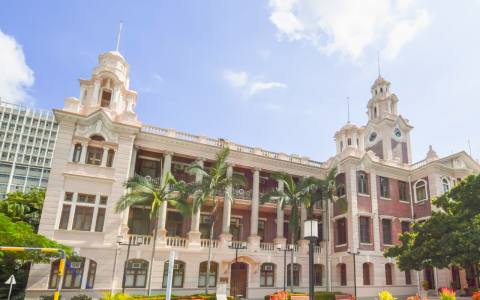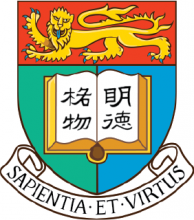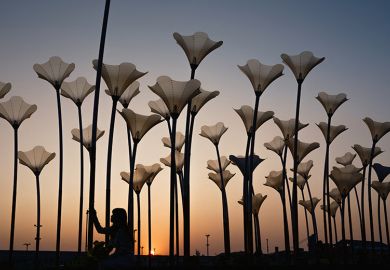View the full results of the BRICS & Emerging Economies Rankings 2016
The scope for Russian universities to collaborate with international partners has been “compromised” by the country’s “confrontational policies on the global political arena”, a higher education scholar has claimed.
Anatoly Oleksiyenko, associate professor in the division of policy, administration and social sciences education at the University of Hong Kong, said Russian institutions had “huge potential before 2014”. He added that the Russian government’s Project 5-100 – launched in 2013 and designed to provide enough federal support to help at least five institutions enter the world top 100 by 2020 – was “very motivational”. But he said that “internationalisation was compromised following the 2014 crisis in Ukraine, when Russian politicians pulled their country into a major conflict with the West”.
“Over the past two years, the Russian political establishment has only intensified its confrontational policies in the global political arena. These will have long-term effects on the universities' international collaborations,” he told Times Higher Education.
Speaking about the THE BRICS & Emerging Economies Rankings 2016, in which Russia is a stand-out performer, Dr Oleksiyenko said he has seen improvements in Russia’s science and technology research, but it is “difficult to predict” how social scientists in the country “will fare in this complicated environment”.
“Russian social science has a tradition of dissident scholarship, which means that most of the influential publications would appear in foreign universities, given that critically minded philosophers, sociologists, political scientists and others tend to leave when repressive and confrontational governance takes hold at home.”
He suggested that China’s success in the rankings is in part due to academic collaborations.
“Many Chinese academics, who hold Ivy League doctoral degrees, were very smart in managing their collaborations with their former academic supervisors, and that has been their competitive advantage in comparison with their counterparts in other BRICS countries,” he said.
“Besides, the Chinese government made significant efforts to reintegrate overseas scientific talent, and thus enhanced local academic capacity to perform in accordance with global meritocratic measurements.”
POSTSCRIPT:
Print headline: Bear vs world: will confrontational politics derail Russia’s internationalisation plans?
Register to continue
Why register?
- Registration is free and only takes a moment
- Once registered, you can read 3 articles a month
- Sign up for our newsletter
Subscribe
Or subscribe for unlimited access to:
- Unlimited access to news, views, insights & reviews
- Digital editions
- Digital access to THE’s university and college rankings analysis
Already registered or a current subscriber?







